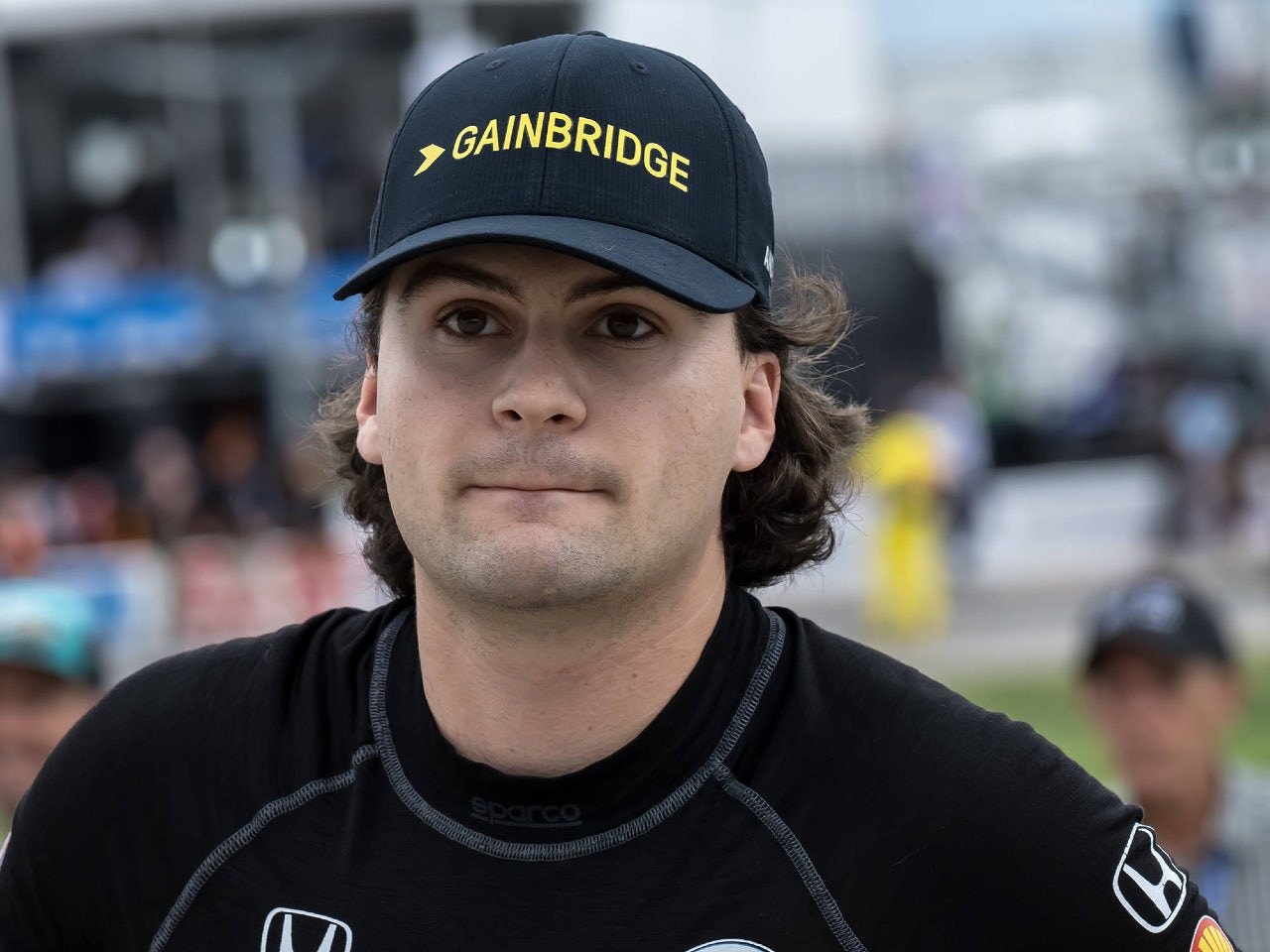Another name has surfaced in connection with the two new Formula 1 seats at Cadillac's upcoming 2026 entry — Nascar star Kyle Larson.
Backed by General Motors, the American outfit is already being linked with several experienced F1 drivers, including Sergio Perez, Valtteri Bottas, Guanyu Zhou, and Mick Schumacher.
Initially, it was thought the plan would be to pair an established F1 name with American Indycar driver Colton Herta — although the 25-year-old still lacks the required super license.
"There's a lot of interest in this team and we're very appreciative of that," said Dan Towriss, a key figure behind the project, speaking to the Arkansas Democrat Gazette.
Towriss acknowledged the long-term goal of building around an American driver but admitted the team might need to wait for the right moment.
"We want that person set up for success, and want that seat respected when that American driver does come in for the team," he said.
"We'll find the right way and the right time to bring the right driver into Formula 1."
That approach has led to speculation that Herta may stay in Indycar a while longer, while Cadillac finds other ways to draw in American fans.
One option reportedly being watched is Pato O'Ward — a Mexican Indycar standout also signed to McLaren. When asked about Cadillac's interest in O'Ward, McLaren CEO Zak Brown didn't dismiss the possibility.
"I wouldn't like it," Brown admitted, "but I wouldn't stop him."
Now, 32-year-old Kyle Larson has entered the conversation. A major Nascar name and current McLaren Indy 500 contender, Larson is often compared to Max Verstappen in terms of raw talent, according to the Arkansas Democrat Gazette.
Asked by the Associated Press whether Larson is a serious candidate for Cadillac's F1 plans, GM president Mark Reuss said: "Let's focus on Indianapolis first."
Larson is set to contest the Indy 500 for the second time this year — again driving for McLaren.
Meanwhile, Reuss played down suggestions that the Cadillac F1 project could be impacted by Donald Trump's proposed auto tariffs, should he return to the U.S. presidency.
"There's about $5 billion of impact for us," Reuss said.
"But it's not going to affect this (F1) project."







